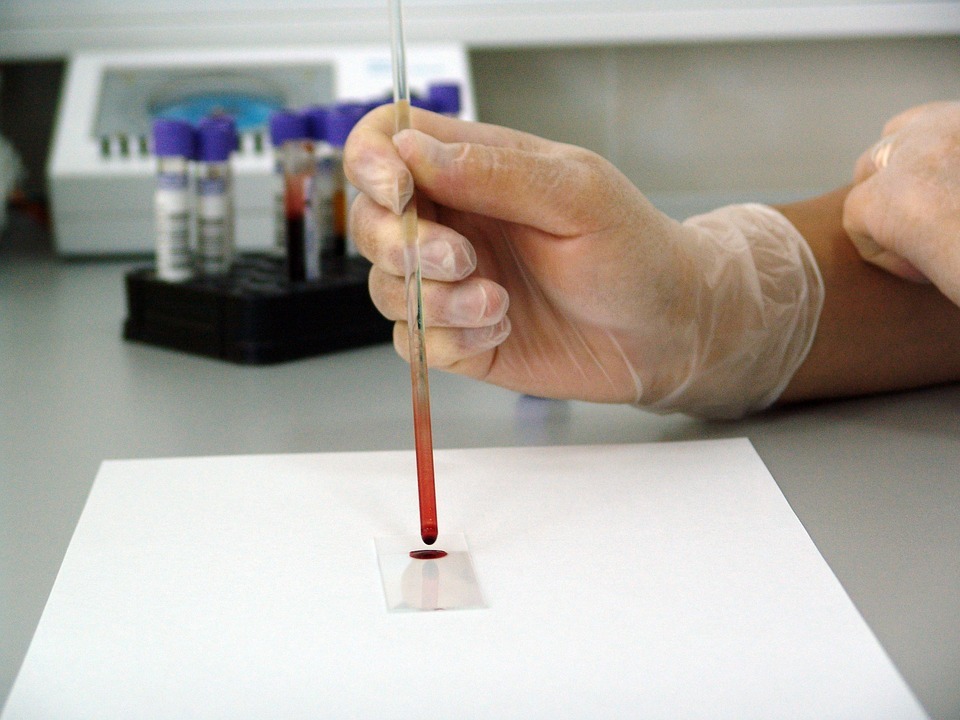ViiV Healthcare said that a phase 3 trial of fostemsavir in heavily treatment-experienced adults with HIV-1 infection has yielded positive results after 96 weeks of treatment.

Image: ViiV Healthcare reports positive week 96 data for fostemsavir in BRIGHTE study. Photo: courtesy of PublicDomainPictures/Pixabay.
Subscribe to our email newsletter
The company said that the week 96 data from the two-cohort BRIGHTE trial revealed that fostemsavir continued to improve virologic suppression and immunologic response.
Fostemsavir is a prodrug that is metabolised to the active compound temsavir, an attachment inhibitor that binds to glycoprotein 120 (gp120) on the envelope of the HIV. The compound through the binding, locks gp120 in a conformational state, thereby preventing initial interaction between the virus and host immune cells, and blocking viral attachment and entry into the host CD4+ T-cell.
The BRIGHTE study evaluated the safety and efficacy of the attachment inhibitor, used in combination with optimized background treatment (OBT) after the eighth day of the treatment.
According to ViiV Healthcare, in the randomised cohort, there was an increase in rates of virologic suppression and immunologic response from week 48 to week 96 in the difficult-to-treat population with multidrug resistant HIV-1.
At Week 96, 60% of patients treated with fostemsavir plus OBT in the randomised cohort had an increase of 6% in their virologic suppression, compared to week 48 results.
Patients treated with the investigational drug and OBT in the randomised cohort had an increase in their CD4+ T-cell counts by 66 cells/µL from week 48, thereby showing continued immunologic improvement through week 96.
ViiV Healthcare said that 29 deaths were reported by week 96, of which seven were related to AIDS, 11 were acute infections, six were non-AIDS-related malignancies, while the remaining five were because of other conditions.
The company said that it intends to begin the submission of regulatory applications later this year for fostemsavir, with the US New Drug Application (NDA).
ViiV Healthcare global research and medical strategy head Kimberly Smith said: “People living with HIV who are heavily treatment-experienced have few options available to them due to the complexities of resistance, safety, tolerability, contraindications and prior treatment failure.
“We believe searching for new ways to prevent the virus from replicating is important, especially for those who develop resistance to their treatment regimens, and the findings from BRIGHTE reinforce fostemsavir as a potential treatment option for these individuals.”
 Advertise With UsAdvertise on our extensive network of industry websites and newsletters.
Advertise With UsAdvertise on our extensive network of industry websites and newsletters.
 Get the PBR newsletterSign up to our free email to get all the latest PBR
news.
Get the PBR newsletterSign up to our free email to get all the latest PBR
news.

